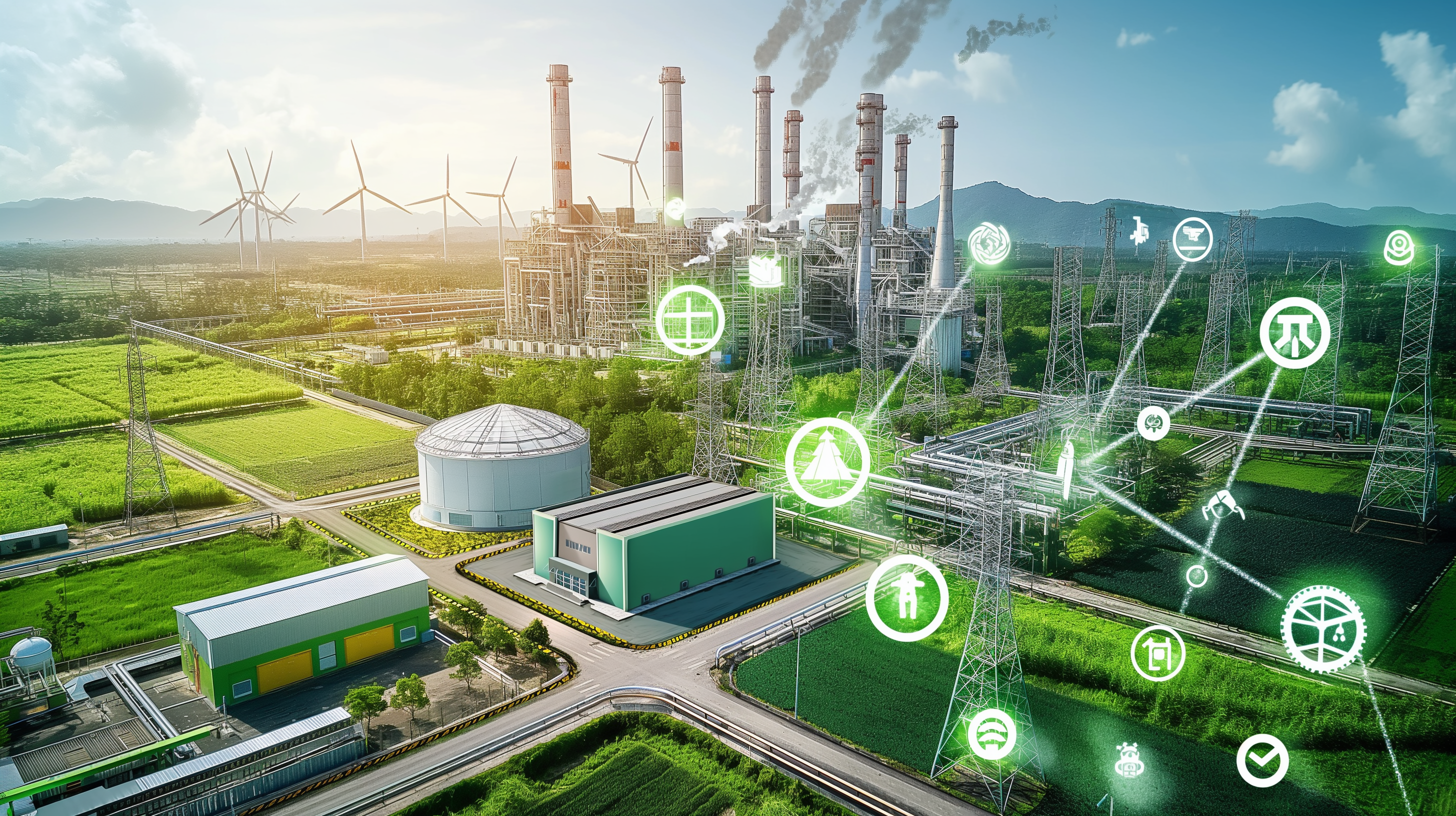
Introduction
Sustainability is becoming a critical focus across industries as the world faces increasing environmental challenges. The metal finishing industry, known for its intensive use of chemicals and energy, is no exception. Implementing sustainable practices and innovations in metal finishing can significantly reduce environmental impact and promote a greener future. This article explores the importance of sustainability in metal finishing, sustainable materials and processes, environmental impact mitigation strategies, industry standards and regulations, and AFAC Ltd’s sustainability initiatives.
Importance of Sustainability in Metal Finishing
Environmental Responsibility
The metal finishing industry traditionally relies on processes that can harm the environment. These include the use of hazardous chemicals, substantial water consumption, and high energy usage. Emphasizing sustainability helps reduce these negative impacts and demonstrates a commitment to environmental responsibility.
Economic Benefits
Sustainable practices often lead to long-term cost savings. For example, energy-efficient processes and waste reduction can lower operational costs. Additionally, companies adopting green practices may benefit from incentives and subsidies provided by governments and regulatory bodies.
Consumer Demand
There is a growing consumer demand for environmentally friendly products. Companies that adopt sustainable practices can enhance their brand reputation, attract eco-conscious customers, and gain a competitive edge in the market.
Sustainability in Metal Finishing: Materials and Processes
Eco-Friendly Materials
Using sustainable materials is a key component of eco-friendly metal finishing. These materials include:
- Bio-Based Coatings: Derived from renewable resources, bio-based coatings reduce reliance on petroleum-based products.
- Low-VOC Paints and Coatings: Volatile Organic Compounds (VOCs) contribute to air pollution. Low-VOC coatings minimize these emissions, promoting cleaner air.
- Recycled Metals: Utilizing recycled metals instead of virgin raw materials conserves natural resources and reduces energy consumption.
Advanced Processes
Innovative processes are essential for achieving sustainability in metal finishing. Some of these include:
- Closed-Loop Systems: These systems recycle water and chemicals within the production process, significantly reducing waste and environmental contamination.
- Electrochemical Machining (ECM): ECM is a precise and eco-friendly method that minimizes material waste and eliminates the need for harmful chemicals.
- Physical Vapor Deposition (PVD): PVD is a dry coating process that produces minimal waste and uses no hazardous chemicals.
Environmental Impact and Strategies
Sustainability in Metal Finishing: Reducing Emissions
To minimise air pollution, the metal finishing industry is adopting technologies that reduce emissions of harmful substances. These include:
- Fume Scrubbers: These devices remove hazardous particles and gases from exhaust streams, ensuring cleaner emissions.
- Catalytic Converters: Used in coating processes to reduce VOC emissions by converting them into less harmful substances.
Sustainability in Metal Finishing: Water Conservation
Water is a critical resource in metal finishing. Implementing water conservation strategies can significantly reduce consumption:
- Water Recycling Systems: These systems treat and reuse water within the facility, reducing the need for fresh water and lowering discharge volumes.
- Effluent Treatment Plants: Advanced treatment plants process wastewater to remove contaminants, making it safe for reuse or discharge.
Sustainability in Metal Finishing: Waste Management
Effective waste management is essential for sustainability. Strategies include:
- Material Recovery: Techniques like filtration and centrifugation recover valuable materials from waste streams, reducing waste and saving costs.
- Proper Disposal: Ensuring hazardous waste is disposed of according to regulations prevents environmental contamination.
Sustainability in Metal Finishing: Industry Standards and Regulations
Environmental Regulations
Governments and regulatory bodies have established stringent environmental regulations to promote sustainability in metal finishing. Key regulations include:
- REACH (Registration, Evaluation, Authorization, and Restriction of Chemicals): A European Union regulation aimed at protecting human health and the environment from chemical risks.
- EPA (Environmental Protection Agency) Regulations: In the United States, the EPA enforces regulations to control emissions, waste, and water usage in metal finishing.
Industry Standards
Industry standards provide guidelines for sustainable practices in metal finishing:
- ISO 14001: An international standard that specifies requirements for an effective environmental management system (EMS).
- Green Coatings Certifications: Certifications such as LEED (Leadership in Energy and Environmental Design) recognize environmentally friendly coatings and processes.
Sustainability in Metal Finishing: AFAC Ltd’s Initiatives
At AFAC Ltd, we are committed to sustainability and continuously strive to implement eco-friendly practices in our operations. Our initiatives include:
Sustainability in Metal Finishing: Materials
We prioritize using sustainable materials in our masking solutions, such as recyclable silicones and low-VOC coatings. These materials not only reduce environmental impact but also ensure high performance and durability.
Sustainability in Metal Finishing: Energy Efficiency
Our facilities are equipped with energy-efficient technologies, including LED lighting, energy-efficient HVAC systems, and automated energy management systems. These measures significantly reduce our energy consumption and carbon footprint.
Sustainability in Metal Finishing: Waste Reduction
We have implemented comprehensive waste reduction strategies, including recycling programs and waste-to-energy initiatives. Our goal is to minimize waste generation and promote the recycling and reuse of materials.
Sustainability in Metal Finishing: Water Conservation
AFAC Ltd utilizes advanced water recycling systems to reduce water consumption in our production processes. By treating and reusing water, we minimize our impact on local water resources.
Sustainability in Metal Finishing: Compliance and Certifications
We adhere to all relevant environmental regulations and industry standards. Our commitment to compliance ensures that our operations are environmentally responsible and sustainable.
Conclusion
Sustainability in metal finishing is not just a trend but a necessity for the industry’s future. By adopting sustainable materials and processes, reducing environmental impact, and adhering to industry standards, metal finishing companies can contribute to a greener future. AFAC Ltd is dedicated to leading the way in sustainable practices, ensuring that our operations are environmentally responsible while delivering high-quality masking solutions to our clients.
For more information about our sustainable practices and products, visit AFAC Ltd.







